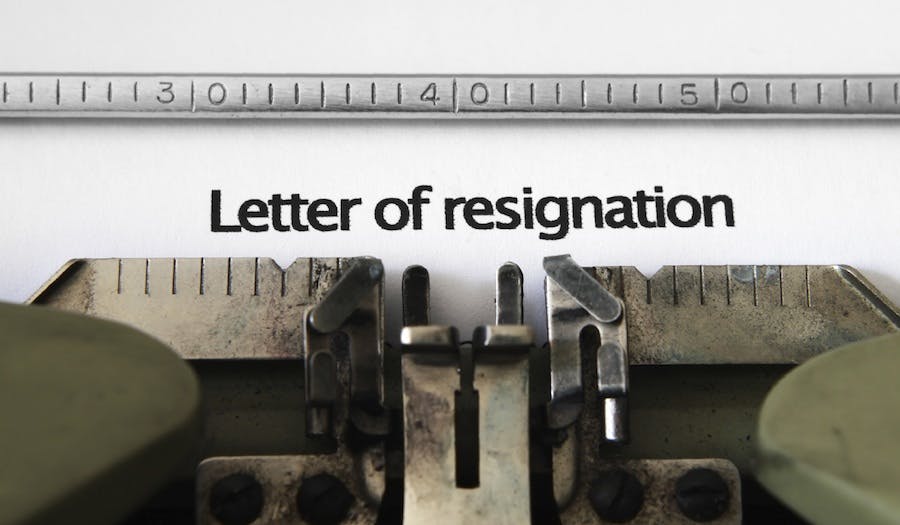36 per cent of employees say they feel disengaged with their workplace, leading to a large number of Australian workers looking to quit their job.
A major study from global consulting firm Hay Group reveals companies are struggling to engage their workers, a major factor being cited for the 28 per cent of local employees eyeing a change of workplace in the next two years. Another 25 per cent said they are considering a move in the next 3-5 years.
The results, obtained thanks to a survey of over 5 million employees worldwide, reveals Australian employees are more dissatisfied than counterparts in other countries.
“We are currently lagging behind our counterparts in the Asia Pacific region and other parts of the globe when it comes to employee satisfaction and, ultimately retention,” Hay Group Pacific Head of Employee Engagement Steve Ewin said.
“This means we need to make changes now because people are a business’ most valuable asset and the key to sustaining business performance in this ever-changing work environment.”
A lack of collaboration, agility, transparency, innovation and productivity were cited as the key challenges facing the nation’s business sector.
While 80 per cent of businesses claim that team-working is one of their key strengths, 49 per cent of the country’s employees say that business counterparts do not adequately support their team. 41 per cent of employees say that cooperation and the sharing of ideas and resources are not encouraged in their workplace.
54 per cent of workers surveyed said that important business decision were “significantly delayed” and 43 per cent said important changes in the business were not communicated across their organisation, highlighting a detrimental trend in a business’ ability to respond quickly to developments.
A troubling amount of employees are unhappy with the work they do and the pay that comes as a result. Over half (52 per cent) of the country’s employees say they are being underpaid, 61 per cent think other businesses could pay them more, and 39 per cent believe employee promotions and transfers are decided upon fairly.
47 per cent say that their company is failing to support employee innovation, a rise of 7 per cent from the result registered in last year’s survey. A lack of risk-taking is also being highlighted, with 38 per cent of workers claiming they are not encouraged to take reasonable risks in their attempt to try new ideas and improve business performance.
Job conditions were cited by 41 per cent of employees as the reason they were unproductive, while 46 per cent said job barriers were significant in halting their ability to complete tasks efficiently. While productivity barriers are being pointed out as a major issue, many businesses are turning a blind eye to poor employee outcomes; 58 per cent of Australians say their business tolerates poor performance.
“We’re now seeing business leaders sitting up and really listening to debates on engagement strategies, how these relate to business performance and their role in meeting the business challenges that lie ahead,” Mr Ewin said.
“While HR can lead the way in developing these, it’s not just a HR issue. All areas of the business will need to be involved in developing and maintaining these strategies and ingrain them in company culture.”

